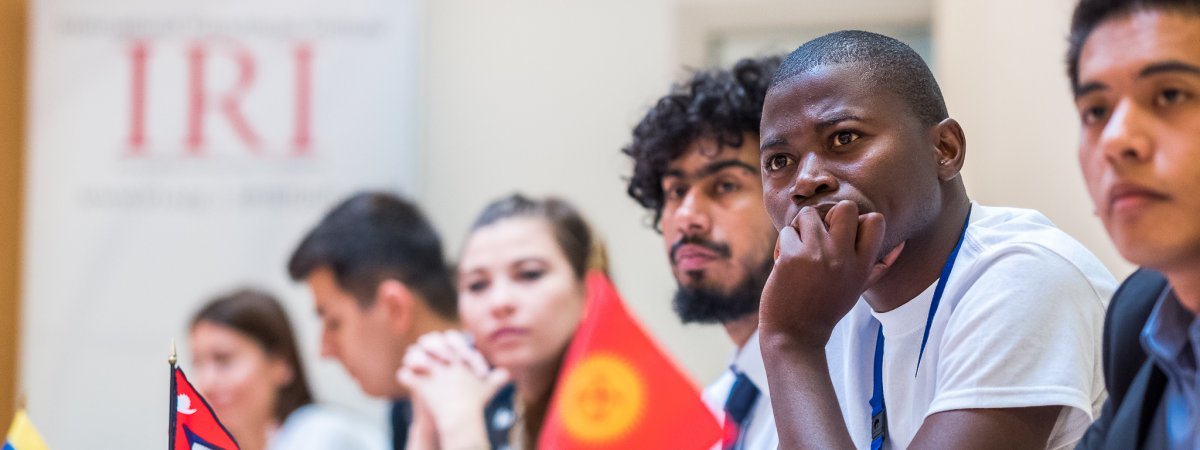The Fight for Democracy Isn’t Over: Reflecting on 37 Years of IRI

Today marks the 37th anniversary of the International Republican Institute’s (IRI) founding. Throughout our nearly four decades of existence, we’ve seen the vital role that U.S. leadership grounded in American values has played in responding to generation-defining global challenges—ranging from the Cold War to the war on terrorism to the COVID-19 pandemic. We know that strong democratic institutions are critical to overcoming a diverse array of challenges, and we are proud to continue this mission.
IRI was born out of a recognition that the fight against Soviet communism couldn’t be won with hard power alone. We needed to help other nations build the democratic institutions necessary to resist authoritarianism and fulfill the priorities and aspirations of their own people. This was what inspired President Reagan’s call for a “global campaign for democracy” in the speech that led to the creation of the National Endowment for Democracy (NED) and its four core institutes: IRI and our sister organizations, the National Democratic Institute (NDI), the Center for International Private Enterprise (CIPE) and the Solidarity Center.
At the time, the type of work IRI was undertaking had been relatively ad hoc and not formalized. Today, democracy assistance is an established and crucial part of the U.S. approach to global engagement—bolstered by the post-Cold War recognition of the value of democratic governance to creating a more secure, prosperous and peaceful world order.
A decade after the collapse of the Soviet Union, the attacks on September 11 emphasized the connection between violent extremism and undemocratic conditions—poor governance, human rights violations, political and economic instability. In response to this new threat, IRI adapted its existing work bolstering democratic governance to counter violent extremism.
The long-term challenges to democracy posed by the COVID-19 pandemic will no doubt be far-reaching and formidable. In fact, the very existence of the pandemic underscores the tremendous damage that can be caused by authoritarianism. The evidence suggests that COVID-19 could have been contained and the global pandemic prevented had the Chinese Communist Party (CCP) acted sooner; instead, the virus spread as the regime silenced whistleblowers, suppressed information and destroyed evidence – actions which were directly motivated by the nature of China’s authoritarian regime.
A predictable argument has emerged that the pandemic will demonstrate the inefficiency and uselessness of democracy, bringing about an inevitable move toward centralization and authoritarianism. Yet as the origins of the outbreak demonstrate, authoritarian regimes are more likely to be the originators of the next pandemic than the solution. Strong democratic institutions are essential to dealing with the immediate crisis and preventing the next global pandemic. Citizen-centered government and strong, independent civil societies are crucial to effective public health responses and to dealing with the long-term economic and social dislocation that will result from the pandemic.
In addition to continuing our longstanding programs, IRI is adapting our work to meet the demands of the pandemic and support democratic public health measures. As COVID-19 continues to put democracies at risk, we’re amplifying local, citizen-driven responses to mitigate the pandemic. We’re building the necessary trust between citizens and governments to slow the spread. We’re supporting our partners in countering disinformation that enables the virus. And we’re equipping political leaders with the tools to democratically manage the crisis and keep citizens informed.
IRI is privileged to work with our partners to advance citizen-led responses to the pandemic and strengthen the institutions necessary for recovery. As we begin our 37th year, we’re more determined than ever to fight for democracy, and we’re grateful to our partners and allies for their continued support.
Top